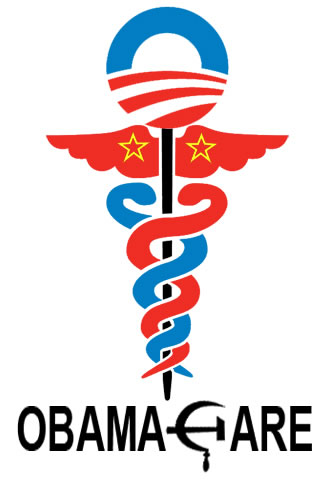The Patient Protection and Affordable Care Act (PPACA), otherwise known as Obamacare, is a federal statute first established in March of 2010. Obamacare is naturally a target of controversy. The act mainly contains benefits for low and middle income families and businesses. It also hosts a number of problems for high earners, larger businesses who don’t provide employee insurance and other specific corners of the healthcare industry.
While both Democrats and Republicans argue about Obamacare around the calendar year, here are some pro and cons for you to consider.
Pros
Less taxes on businesses.
Businesses across the United States, due to Obamacare, are required to ‘choose to insure full-time workers or pay a fine and/or additional taxes.’
If repealed? Businesses may not have to pay additional taxes and/or costs, due to managing Obamacare for employees.
Lowered costs of healthcare premiums.
As many of the insurance provisions of Obamacare aren’t scheduled to go into effect until 2014, many insurance companies are raising their insurance premium rates, taking additional coverage payments from beneficiaries before said provisions go into effect.
If repealed? Insurance premiums may fall back to normal rates. Beneficiaries may not have to pay additional rates, provided they remain under their current healthcare plan.
The incentives may be costly for the United States.
The overall cost of Obamacare is expected to grow to $1.1 trillion USD over the next decade. As it is, the program is likely going to require funding from both taxpayers and the States.
If repealed? Government, state and taxpayer spending for the Act may reduce, saving the United States the projected billions in costs.
Cons
Millions of Americans may lose new healthcare benefits.
Obamacare gave millions of low to middle income Americans access to hundreds of new healthcare benefits. Many of these benefits enable families and individuals to stay insured for a longer time, while providing reduced healthcare costs.
If repealed? Millions may lose out on these healthcare benefits, particularly low to middle income families and individuals who have difficulties staying insured due to high costs.
Insurance companies may become unregulated.
Obamacare provides regulation to insurance companies, ensuring that they ‘spend at least 80 percent of their income on health and marketing expenses,’ in addition to preventing companies from dropping beneficiaries from coverage for preexisting conditions and/or illnesses.
If repealed? Insurance companies may drop previously enacted regulations, locking out beneficiaries with illness or preexisting conditions from healthcare coverage.
The expansion of Medicaid may be rescinded.
United States residents ‘under 133 percent of the poverty level’ have the ability to gain Medicaid coverage, due to Obamacare. Previously, many of these residents weren’t able to afford health insurance. Many Americans made too much to initially qualify for Medicaid.
If repealed? Many under-insured low to middle income Americans may lose out on getting Medicaid benefits. Some states that initially opted-in to the program may reverse their policies.


